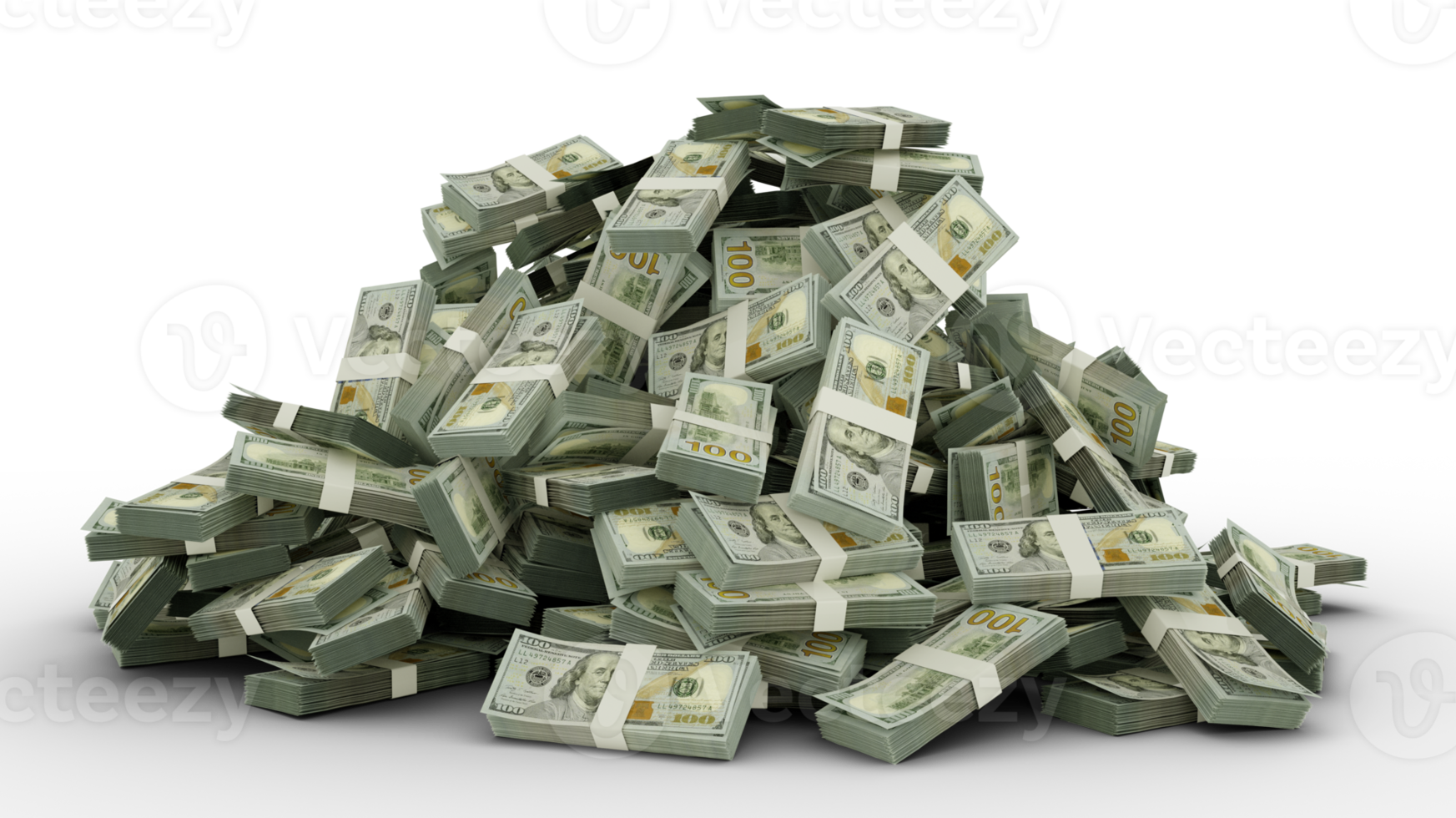Cash Meet Slave - Exploring Game Economies
Sometimes, it feels like certain systems, like the ones in our favorite digital playgrounds, have a way of guiding us, almost gently pushing us along a particular path. It’s a subtle dance, you know, between the choices we make and the way the game is set up. Think about it, how often do you find yourself chasing after that next virtual coin or that special item? It’s a common experience, a little bit of a pull that keeps us coming back for more.
There's this amazing online spot called Scratch, for instance, where anyone can put together their own interactive stories, create fun games, and even make little animated clips. It’s a place where imagination really gets to stretch its legs, and people build all sorts of things. Then, you have games like the ones hinted at in "Blue Lock rivals with major cash by jjtheninja0617," where getting hold of a lot of virtual money seems to be a big part of the fun. It’s almost like these digital worlds have their own kind of financial flow, a system where collecting resources becomes a key part of the whole adventure, in a way.
This whole idea of chasing after digital wealth, or feeling bound by a game's economic setup, is a rather interesting concept to think about. We're going to look into what it means when the pursuit of virtual cash starts to feel like a driving force for players, almost like a metaphorical "cash meet slave" scenario within the game itself. It’s not about anything real or harmful, just a way of exploring how game mechanics can really shape how we play and what we aim for, you know, in a digital space.
Table of Contents
- What Does It Mean to Be Bound by Virtual Currency?
- The Pull of In-Game Riches - cash meet slave mechanics
- How Do Game Systems Influence Player Choices?
- Crafting Experiences - cash meet slave in game design
- Are Players Truly Free in Digital Worlds?
- The Player's Pursuit - cash meet slave dynamics
- What Lessons Can We Learn from Game Economies?
- Beyond the Screen - cash meet slave concepts
What Does It Mean to Be Bound by Virtual Currency?
When you spend time in a digital playground, like a game, there are often these things called virtual currencies. These aren't real coins or paper money, of course, but they act a lot like them within the game's boundaries. They can be used to get new items, unlock different areas, or even make your character stronger. It’s a system, you see, that gives players something to work for, a goal to reach. So, if you're playing a game and you need a certain amount of virtual cash to get that cool new sword, you might find yourself doing tasks or completing missions specifically to gather that money. It’s almost like the game is asking you to put in some effort, and the reward is that digital wealth. This feeling of being pulled by the need for in-game funds is a rather common experience for many who enjoy playing games, you know, as they progress through their digital adventures.
The Pull of In-Game Riches - cash meet slave mechanics
Consider the way many games are put together. They have these loops, you know, where you do something, you get a reward, and that reward helps you do something bigger. For instance, in a game where "Blue Lock rivals with major cash" is a thing, the idea of getting more money might drive the whole competitive spirit. Players might find themselves spending hours, or even days, working to get ahead in terms of their virtual bank account. This drive to collect more and more in-game money can become a significant part of the playing experience. It’s like the game's very structure encourages this chase. So, in a metaphorical sense, the player becomes tied to the pursuit of this digital cash, almost as if they are serving its purpose to advance in the game. This dynamic, where the game’s design makes the player feel a strong connection to gathering resources, is a fascinating part of how digital worlds operate, actually.
How Do Game Systems Influence Player Choices?
Every game, whether it's a simple story made on Scratch or a complex world with many players, has rules and ways it encourages us to play. These systems are put in place by the people who create the games, and they have a big impact on what we decide to do next. Think about a game where you need to save up a lot of gold to buy a powerful item. You might choose to spend your time doing repetitive tasks, like gathering resources or defeating certain enemies, even if those tasks aren't the most exciting parts of the game. Your choice is influenced by the game's reward system. It's like the game is gently nudging you in a certain direction, making some paths seem more appealing because of the potential for virtual gain. This subtle guidance is a key part of how game designers shape our time within their creations, you know, making us interact with the digital space in particular ways.
- Miss Kitty Only Fans
- Pizza Factory Susanville
- Mhoni Vidente Hor%C3%B3scopos Hoy
- Chris Potter Naked
- New Benefits
Crafting Experiences - cash meet slave in game design
Game creators are a bit like architects for digital worlds; they build environments where certain actions lead to specific outcomes. When they design a game, they think about how players will earn things, how they'll spend them, and what those rewards will feel like. The idea of "cash meet slave" in game design isn't about anything literal, of course, but rather about how the design choices can create a strong pull. For example, if a game makes getting virtual cash a primary way to progress, then the player's activities will naturally lean towards earning that money. It's a clever way to keep people engaged and playing for longer periods. The very structure of the game, with its quests, challenges, and reward systems, can make the player feel quite committed to the pursuit of digital wealth. This commitment, in turn, keeps the game lively and interesting for those who play it, basically.
Are Players Truly Free in Digital Worlds?
When you step into a digital world, you might feel like you have complete freedom to do whatever you want. You can explore vast landscapes, interact with different characters, and make your own story. However, if you look a little closer, you might notice that there are often subtle limits or encouragements built into the game itself. For instance, if a game has a very clear path to getting stronger or achieving a big goal, and that path involves collecting a lot of virtual money, then your choices might naturally gravitate towards that path. You're free to wander, yes, but the most rewarding activities often involve engaging with the game's economic system. It's a bit like having many roads to choose from, but one road has a giant sign pointing to a treasure chest. You're free to pick any road, but that treasure chest might be a strong motivator, you know, for where you decide to go.
The Player's Pursuit - cash meet slave dynamics
Think about the way people often talk about needing to "grind" in games. This usually means doing repetitive actions to earn experience points, items, or, very often, virtual cash. The "cash meet slave" dynamic here isn't about actual servitude, but about the player's willing dedication to the game's demands for resources. When a game, perhaps like the "Blue Lock rivals with major cash" scenario, puts a big emphasis on accumulating wealth, players might find themselves deeply invested in that goal. They spend their time and effort, not because they are forced, but because the game's design makes that pursuit feel rewarding and necessary for progress. This pursuit becomes a central part of their play, shaping their actions and their time within the game. It’s a sort of agreement, you know, between the player and the game's internal economy, where the player agrees to work for the virtual money to get what they want.
What Lessons Can We Learn from Game Economies?
Even though these are just games, the ways their economies work can teach us a few things about how systems influence behavior. In games, when you create a strong incentive, like a big pile of virtual cash, players tend to respond to it. They learn to value that digital money and will adjust their actions to get more of it. This shows us how powerful rewards can be in guiding people's choices. It’s a simple feedback loop: you do something, you get a reward, and that encourages you to do it again. This is true whether you are making a simple animation on Scratch that earns likes, or if you are playing a complex game where you need to manage a virtual fortune. These digital worlds, in their own way, provide a kind of laboratory for seeing how incentives shape what we do, and that's pretty interesting, really.
Beyond the Screen - cash meet slave concepts
The metaphorical idea of "cash meet slave" extends beyond just the digital screen. It helps us think about how any system, whether it’s a game, a community, or even a creative platform like Scratch, can create motivations. When people are given clear goals and the means to achieve them, they often become very focused on those goals. In the context of games, the pursuit of virtual cash becomes a driving force, a central part of the experience. It’s a reminder that human behavior is often shaped by the structures around us, and that incentives, even digital ones, can be incredibly powerful. So, while we're just talking about games here, the way these systems influence our actions is a pretty universal concept, you know, that we can observe in many different areas of life, too.

Pile Of Money PNGs for Free Download

Big stack of 1000 Nigerian naira notes. A lot of money isolated on

Cash 500 Rupee Bank Notes Bundles Stock Image